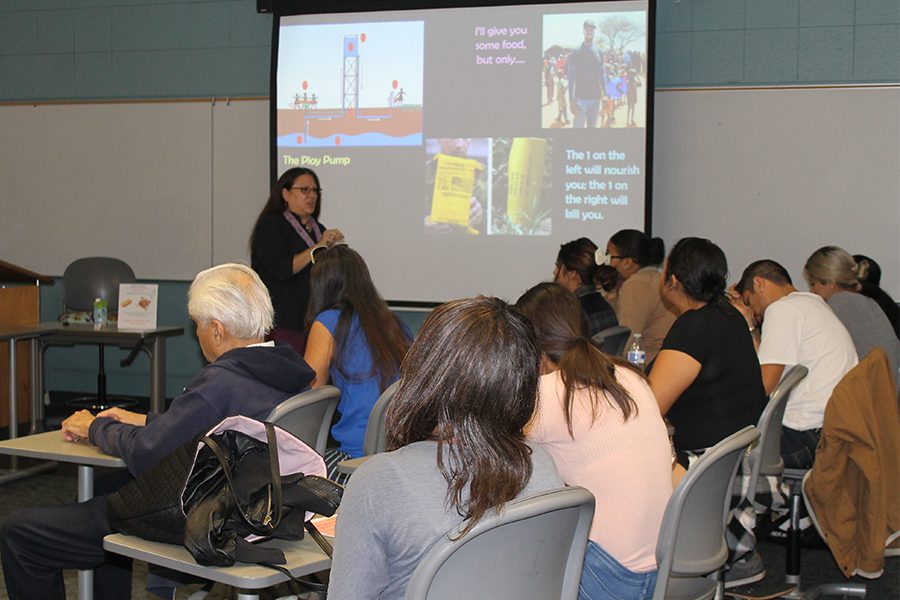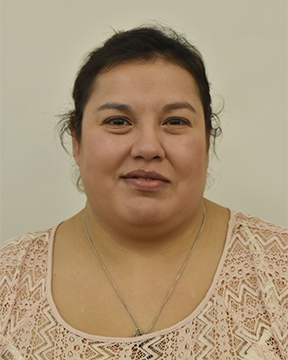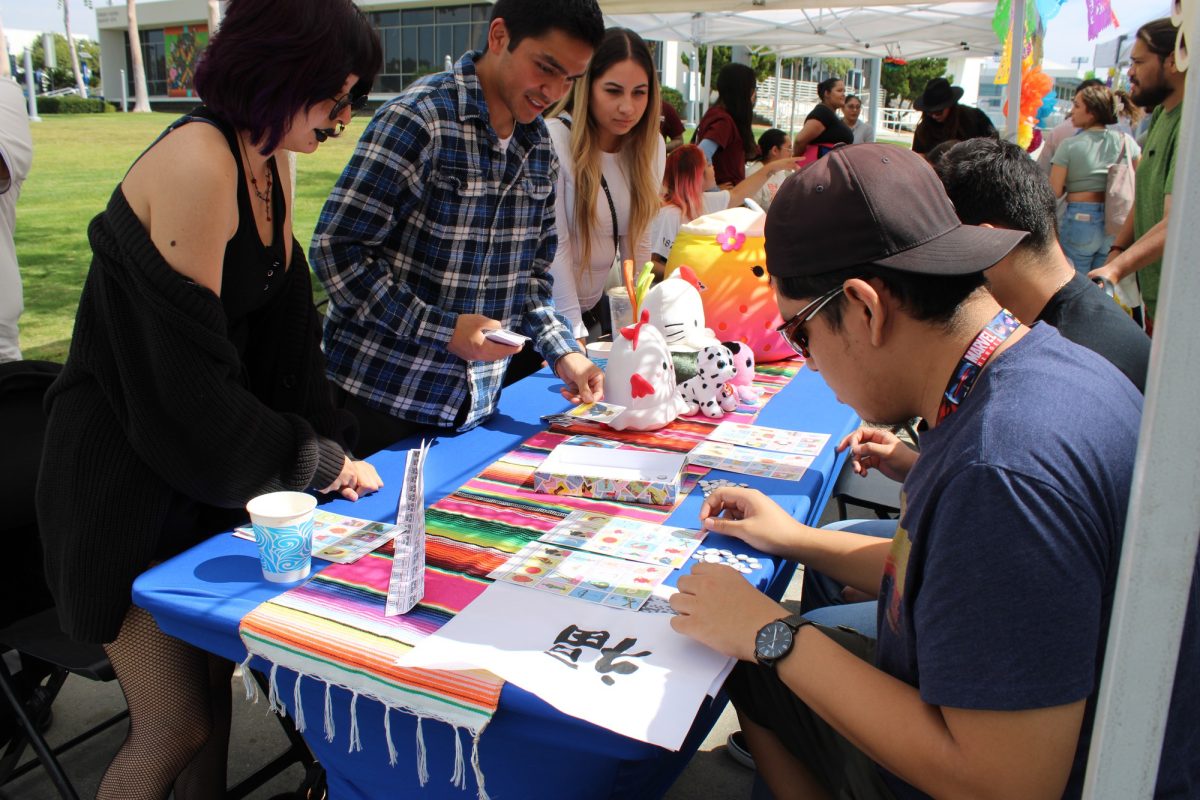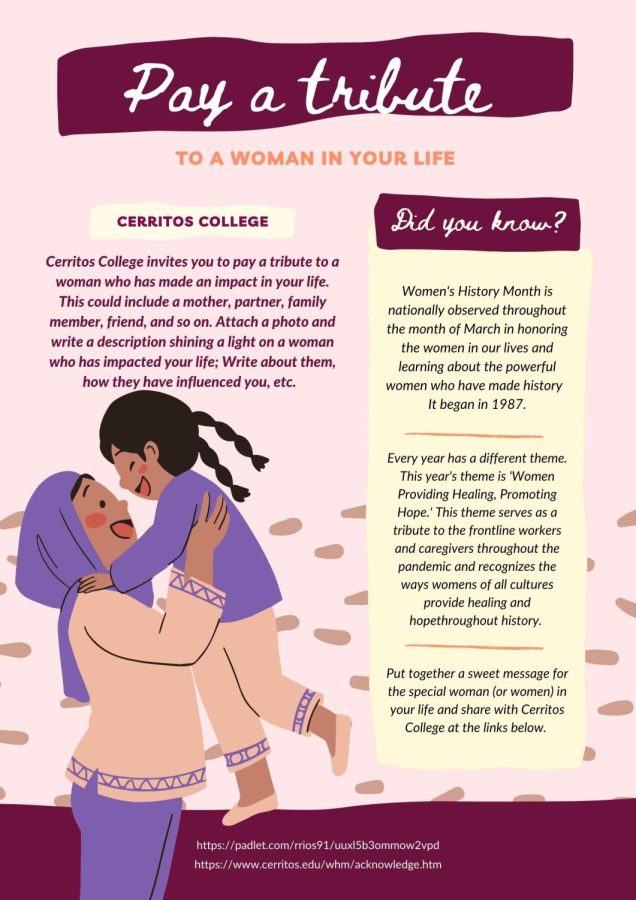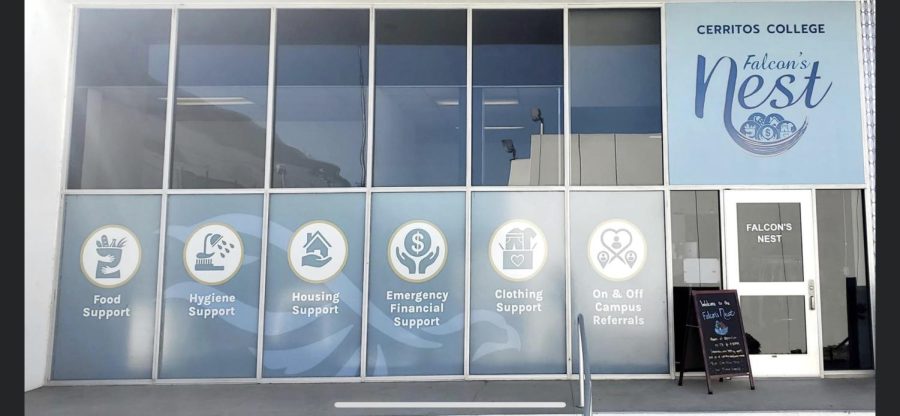“Why should we care? What happens if we don’t care? What would a place like that look like?”
Those were the questions that philosophy professor Kim Berling asked the 36 people in attendance to hear her presentation on the Cerritos College Compassion In Action Club.
The C.I.A Club meets Thursday’s at 11 a.m. in room SS136.
However, this upcoming Thursday Nov. 17 the club will be in Falcon Square selling nachos as a fundraiser. The proceeds of the fundraiser will be used by the club to purchase snacks that will be given out for free to students during finals week.
During the presentation Berling introduced the Effective Altruism Movement.
According to www.effectivealtruism.org, a website Berling mentioned during her presentation, “Effective Altruism is changing the way we do good. Effective Altruism is about answering one simple question: how can we use our resources to help others the most? Rather than just doing what feels right, we use evidence and careful analysis to find the very best causes to work on.
“But it’s no use answering the question unless you act on it. Effective Altruism is about following through. It’s about being generous with your time and your money to do the most good you can.”
The C.I.A Club is part of the EF Movement. The club uses data and logic to tackle social problems like student hunger. The EF Movement aims to change lives through well thought out long term plans of altruism rather than an immediate temporary solution.
C.I.A member James Coppola said presenting at the Philosophy Clubs meeting was “a great way to get the message out about us [the C.I.A Club] since we’re brand new and of course the Effective Altruism movement that’s going around.
“As Doctor Kim [Berling] said we want this to be known and we want this to be a bigger project than just us working on it we want to bring everybody involved.”
Political science major Lorena Campos went to the club meeting because of extra credit and curiosity.
She said, “I learned a lot especially about Effective Altruism. I didn’t even know what effective altruism was.”
Another part of the presentation that caught Campos’s attention was the issue of students going hungry on campus.
She said, the presentation encouraged her “to take action and actually help people.”
The C.I.A Club is undertaking student hunger on campus. Through research and talking to her students Berling found that there is a large population of the students on campus face food insecurity.
According to Berling, food insecurity is “the state of being without reliable access to affordable nutritious food, hungry or at the risk of hunger.”
College student hunger is not an issue that is commonly known in part because it is difficult for someone to disclose that there is no money for food.
Anthony Peña did not know there were starving students on campus. He thought the presentation was “awesome, I honestly think it was good. The facts that [Berlind] gave us I didn’t know about until now.”
Regarding the presentation Berling said, “We had a full house, people seemed interested I thought it went well. It’s the kind of thing that people have to take in the information at first and kind of think about it. It appeared to me standing up here that a lot of people were listening very deeply.”
Because both the Philosophy Club and the C.I.A. are both clubs in the Philosophy Department, Berling thought it would be appropriate to talk about the new lesser known C.I.A Club, and to “let people see the students from the club, and not just hear it from me but to actually see students talking about compassion and helping.”
She urged students to get a hold of the C.I.A club members and learn what the club is about, “we need more people to help, we have big projects there’s a lot of work that needs to be done on campus, and if you have an open heart, you’re compassionate and you want to do a little volunteer work on campus please get a hold of us join our club and help us help others.”


